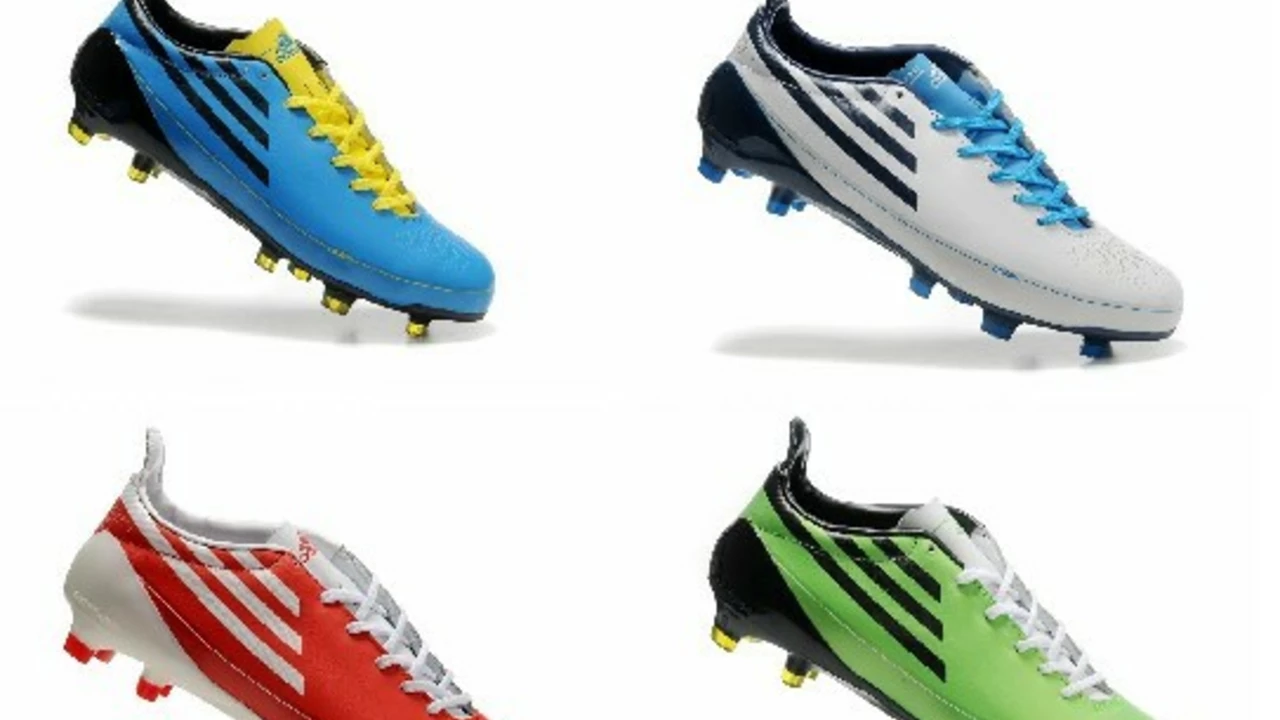Soccer Shoes: Your Quick Guide to Picking the Right Pair
If you’ve ever struggled with sore feet or slipped on the pitch, the problem is probably your shoes. The right soccer shoes can boost your speed, improve ball control, and keep injuries at bay. This guide breaks down what matters most, so you can walk (or run) onto the field with confidence.
What to Look for in Soccer Shoes
Fit first. A shoe that’s too tight chafes, a shoe that’s too loose slides off when you sprint. Aim for a snug feel around the toe box while leaving a thumb’s width of space at the front. Lace up and wiggle your toes – you should feel secure but not cramped.
Surface matters. Grass, artificial turf, indoor courts, and indoor futsal each need a different sole. For natural grass, look for conical or bladed studs that dig into the ground. For turf, shorter rubber studs give grip without tearing up the surface. Indoor shoes have flat, non‑marking soles for smooth floors.
Material choice. Leather (usually kangaroo) molds to your foot over time and offers great touch, but it’s pricier and can get heavy when wet. Synthetic uppers are lighter, dry faster, and work well in wet conditions. Most mid‑range shoes blend both for a balanced feel.Weight and support. Lighter shoes feel faster, but they often sacrifice ankle support. If you’re a defender who does a lot of jumping, a bit more cushioning can protect you. Midfielders usually pick lighter options for quick changes of direction.
Price vs. performance. You don’t need a $300 pair to play well. A solid mid‑range pair (around $80‑$120) gives reliable grip and comfort. Save the premium models for when you need specialized features or extra durability.
Top Picks for Different Surfaces
Natural grass: Look for shoes with 6‑8 medium‑length studs. Models like the Nike Mercurial or Adidas Predator line are popular because they give a good mix of speed and stability.
Artificial turf: Choose shoes with short, rubber-coated studs. The Puma Future or Nike Tiempo series often have turf‑specific versions that spread pressure evenly across the foot.
Indoor court/futsal: Flat, non‑marking rubber soles are a must. The Adidas Samba and Nike Premier II are budget‑friendly choices that offer solid grip on wooden or synthetic indoor floors.
Once you’ve narrowed down the type, try them on in the afternoon (when feet swell a bit). Walk a few steps, do a quick side‑to‑side shuffle, and feel how the shoe reacts. If it feels right, you’ve probably found a winner.
Remember to break in new shoes gradually. Play a couple of light training sessions before taking them into a match. This lets the material soften and reduces the risk of blisters.
Maintaining your soccer shoes extends their life. Rinse off mud after each game, let them air‑dry away from direct heat, and toss them in a shoe bag if you travel a lot. Replace the studs when they become rounded – worn studs lose grip fast.
Choosing the right pair doesn’t have to be a gamble. Focus on fit, surface, material, and your budget, then test a few models that fit those criteria. With the right soccer shoes on your feet, you’ll move faster, feel more comfortable, and stay on top of your game.

- Jul 19, 2023
- Blaise Kendall
- 0 Comments
What are soccer shoes commonly called?
In my journey exploring the world of football, I've found that soccer shoes go by several names. Most commonly, they're referred to as "cleats" in the United States. However, in the UK and other parts of the world, they're known as "football boots". Some also call them "studs" or "turf shoes" depending on the type of surface they're designed for. It's fascinating how one item can have so many names, isn't it?